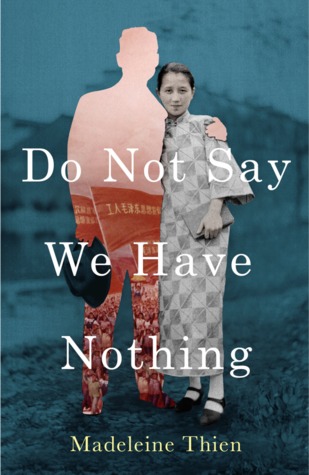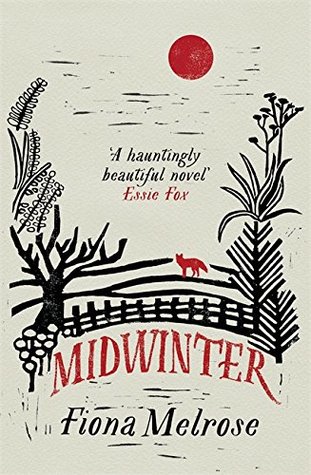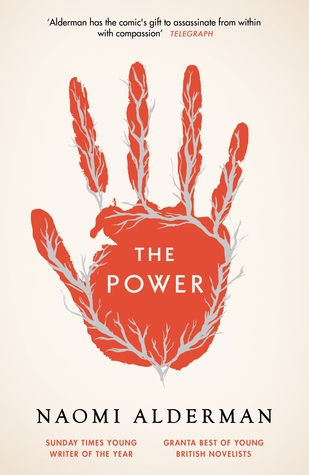 It is, in my humble opinion, extremely rare to come across a novel that is too short. So it's a pleasant surprise to come across a novel that, if anything, I could have spent considerably more time with.
It is, in my humble opinion, extremely rare to come across a novel that is too short. So it's a pleasant surprise to come across a novel that, if anything, I could have spent considerably more time with.
'Homegoing' by Yaa Gyasi is an ambitious literary debut that has, quite rightly, received plenty of praise and a good deal of hype both here in the UK and over the pond in the US. Set in both the US and Ghana, the novel traces seven generations of a family, starting in the eighteenth-century and moving through the years to the present day. It's a mammoth subject - three hundred years across two continents - a little too large, I think, the be contained within a relatively slender three hundred pages. Which is not to say that 'Homegoing' is not an extremely impressive and accomplished debut, because it most certainly is. It's just that, having finished it, I was left wanting more depth in some areas.
The novel opens with half-sisters Esi and Effia. Born into different villages by different mothers in eighteenth-century Ghana, Effia is married to an English slave-trader and lives in comfort in Cape Coast Castle. Unbeknownst to her, Esi is imprisoned beneath her in the castle's dungeons, ready to be shipped from the Gold Coast to America, where her children and grandchildren will be raised as slaves on the cotton plantations of the South. From these opening chapters, rich with description of Ghanaian life and the complex relationships between the Asante and Fante tribespeople, we follow the two threads as Effia's descendants face civil war and British colonisation whilst Esi's children become embroiled in tumultuous founding of the USA. These opening chapters are a joy to read, brimming with visceral historical detail and a sense of place:
"On her fourteenth birthday, she was in the heart of Asanteland, in her father's. Big Man's. compound/ He was the best warrior in the village, so everyone had come to pay their respects to the daughter who grew more beautiful with each passing day. Kwasi Nnuro bought sixty yams. More yams than any other suitor had bought before. Esi would have married him in the summer, when the sun stretched long and high, when the palm trees could be tapped for wine, climbed by the spriest children, with their arms holding the trunk in a hug as they shinnied to the top to pluck the fruits that waited there."
After a couple of generations however, the chapters seem to speed up and the second half of the book occasionally felt like a sprint to the finish and with less of the lyricism that, for me, gave the first half it's immediacy. This seemed especially true of the chapters dealing with Effia's descendants in Ghana, which was a great shame as I was eager to learn more about the relationship between the Asante and Fante tribes, and the history of slavery on the Gold Coast.
Whilst I appreciate that Yaa Gyasi is giving us a snapshot of each character's life and, in doing so, painting a larger portrait about history, race and identity, some of the later characters felt a little thin as a result. This was, for me, especially true of the final chapters in which Gyasi is bringing together the many threads she has woven into her narrative and, in characters Marjorie and Marcus' struggles with identity and heritage, I think she wanted the reader to see the forces that had shaped their respective family destinies and, as such, their places within both America and Ghana.
"Instinctively, Marjorie raised her hand to the necklace [...] It had belonged to Old Lady and to Abena before her, and to James, and Quey and Effia the Beauty before that. It had begun with Maame, the woman who had set the great fire. Her father had told her that the necklace was part of their family history and she was never to take it off, never give it away. Now it reflected the ocean water before them, gold waves shimmering in the black stone."
Because of the brevity of their narratives and some of those proceeding them however, I felt as if Marjorie and Marcus were touchstones for these themes rather than characters in their own right. In a book that is otherwise so accomplished and nuanced, the ending felt rushed and a little convenient. In a story of this scope there are always going to be gaps but, at the end, I felt that the characters slipped between these, forever just out of the reach of the reader.
In the grand scheme of the whole novel however, this is a minor criticism and certainly not one worth dismissing such a wonderful reading experience for. Overall, 'Homegoing' is a fabulous read, breathtaking in scope and brimming with emotional force and exquisite language. As a debut novel it is extremely impressive, balancing intimate portrayals of individual lives against the epic struggles of nationhood and identity. As I said at the beginning of this review, I could have spent a lot more time with this book - and that is a rarity indeed!
'Homegoing' by Yaa Gyasi is published by Viking and is available now in hardback, e-book and audio from all good bookstores.
If you're thinking of buying a copy, why not support your local high street or indie bookstore, which you can find at http://www.booksellers.org.uk/bookshopsearch, or over at http://indiebookshopweek.org.uk/Find-Your-Indie/Find-Local-Bookshop. Go on, show your local bookshop some love! x






